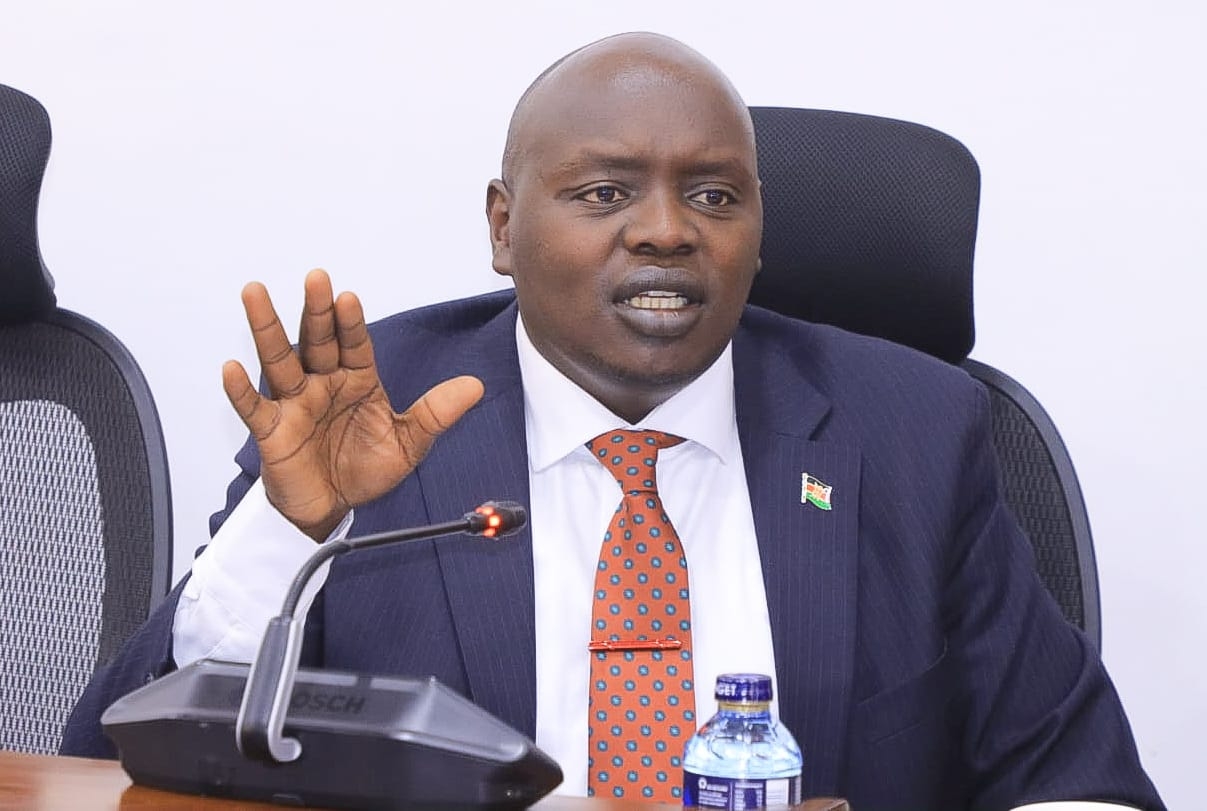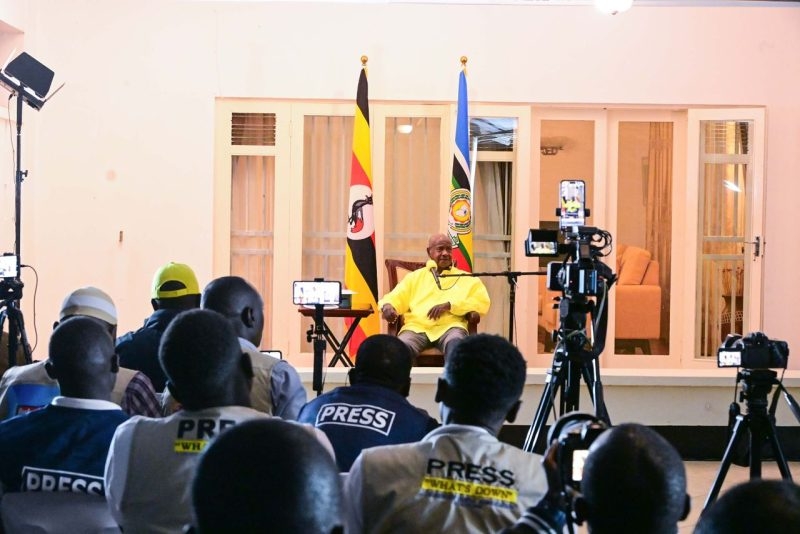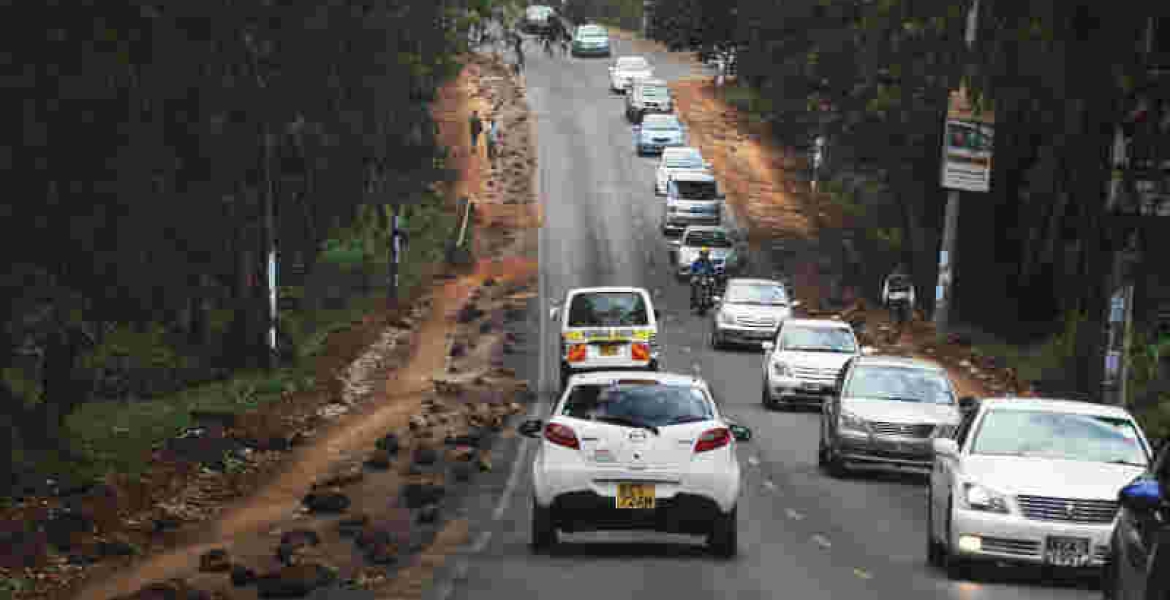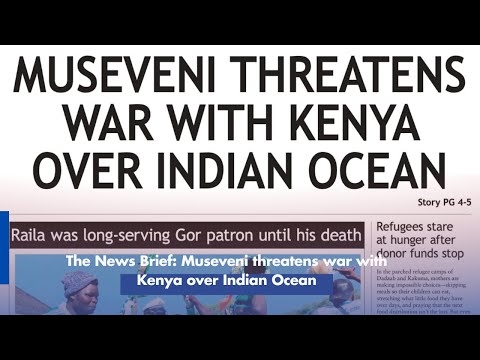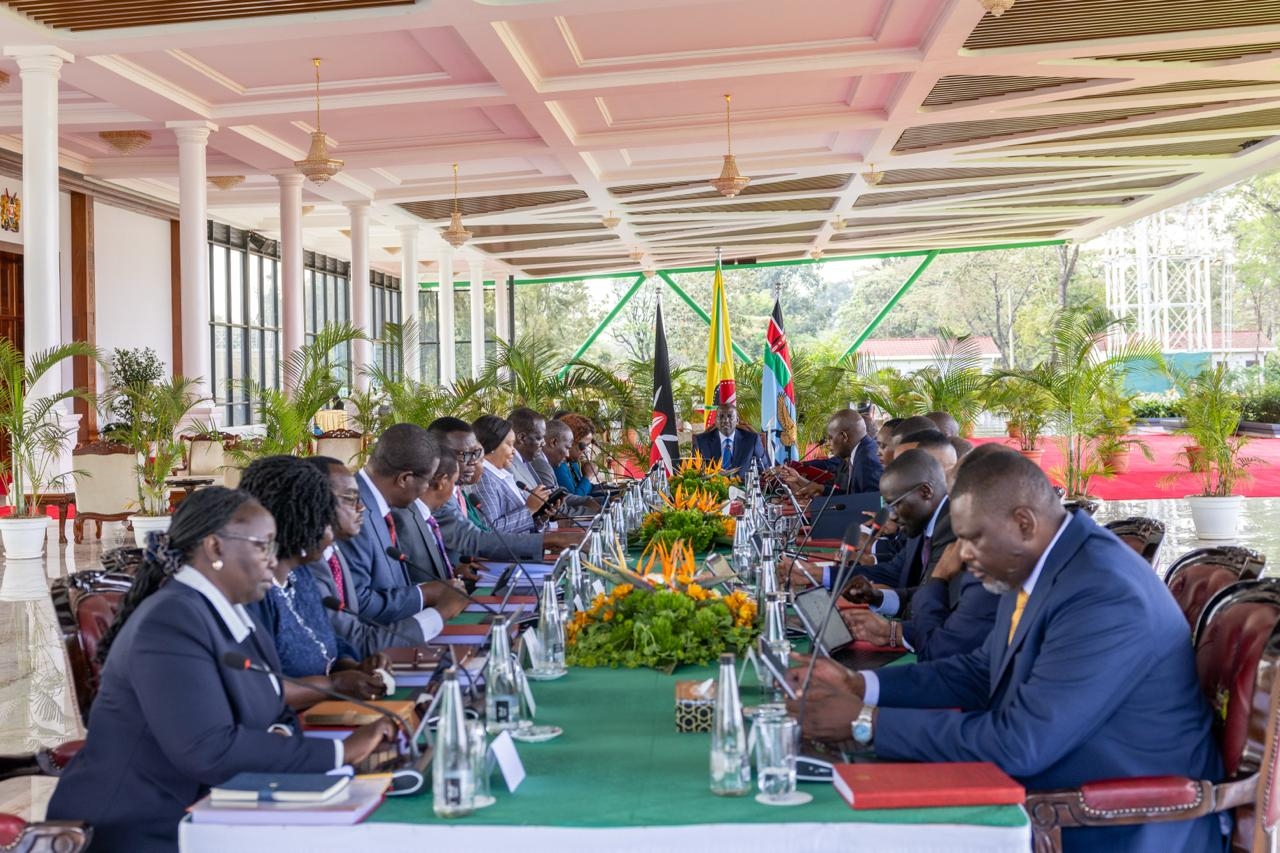
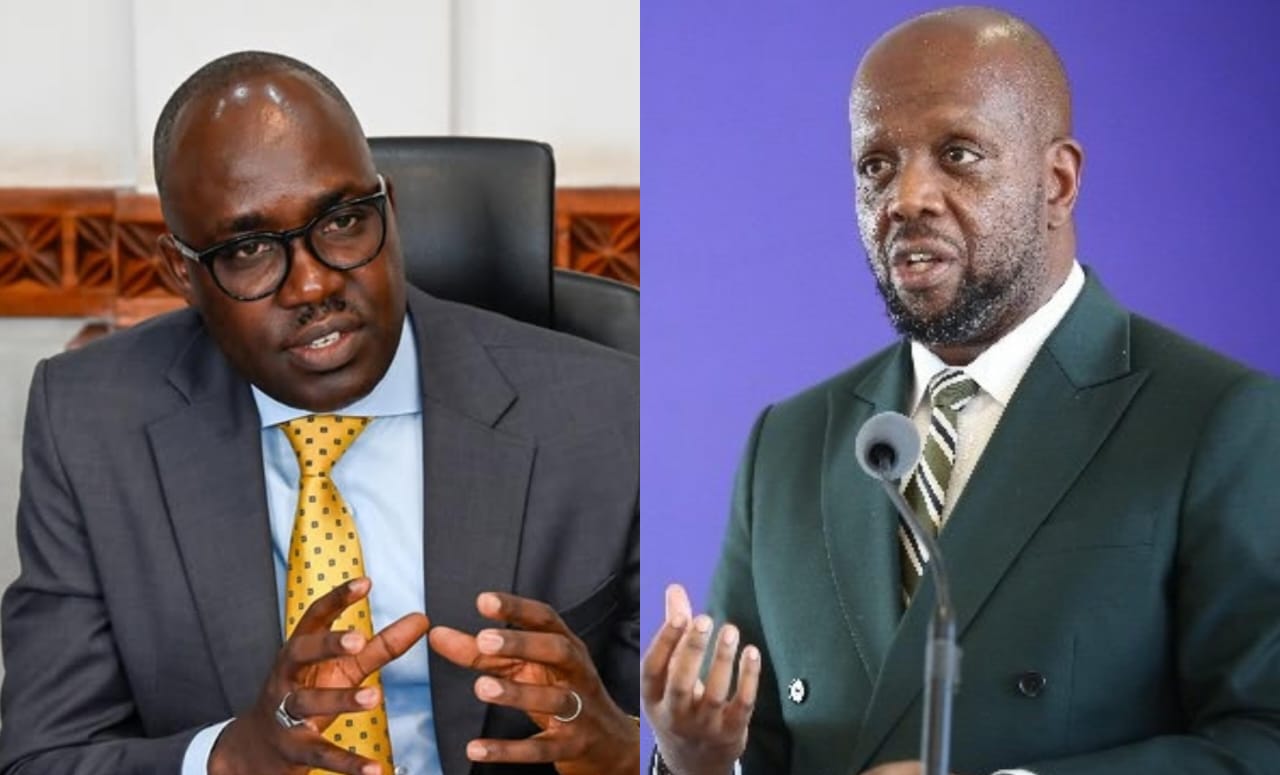 A composite photo of Foreign Affairs Principal Secretary Korir Sing'oei (left) and former Kenya permanent representative to the UN Martin Kimani/file
A composite photo of Foreign Affairs Principal Secretary Korir Sing'oei (left) and former Kenya permanent representative to the UN Martin Kimani/fileForeign Affairs Principal Secretary Korir Sing’oei said Kenya remains concerned about developments in Tanzania following the recent elections, “context and process matter” in determining how best to support a neighbouring state in crisis.
“Desirable but third-party involvement not everyone’s cup of tea,” Dr Sing’oei said.
The PS was responding to former Kenya Permanent Representative to the United Nations Ambassador Martin Kimani.
In a post on X, Kimani had urged Nairobi to take a leading role in helping Tanzania navigate its post-election tensions.
He had argued that Kenya owes Tanzania a debt of reciprocity, recalling that during Kenya’s 2007-08 post-election crisis, then-Tanzanian President Jakaya Kikwete, who was also AU Chair, played a key role in mobilising regional leaders to help broker peace.
Working alongside Ghana’s President John Kufuor and the Panel of Eminent African Personalities led by Kofi Annan, Tanzania helped midwife the National Accord that birthed Kenya’s Grand Coalition Government.
“Kenya cannot now let Tanzania sink,” Kimani wrote, urging the government to dispatch representatives from government, opposition, and civil society to help mediate.
He stressed that Kenya’s approach should uphold the principle of subsidiarity, with the East African Community (EAC) taking the lead, coordinating with the Southern African Development Community (SADC), and engaging the African Union (AU) only as necessary to maintain a single, coherent mediation track and avoid competing initiatives.
Kimani further underscored that civilians’ safety must come first, reminding leaders that the EAC Treaty defines the region as a zone of peace, good neighbourliness, and respect for human and people’s rights. “Let’s be neighbours who help put out the fires and resolve crises,” he said.
As a founding member of the EAC, he said, Kenya must demonstrate a higher sense of purpose, one that honours the vision of Mwalimu Julius Nyerere, who believed so deeply in East African unity that he delayed Tanzania’s independence to wait for Kenya’s, all in pursuit of regional solidarity.
The general elections held on October 29, 2025, saw Samia Suluhu declared the winner with about 97 per cent of the vote after her main rivals were barred from the ballot.
The African Union (AU) has since reported that the election “did not comply with AU principles, normative frameworks, and other international obligations and standards for democratic elections.”
Large-scale protests erupted on election day and immediately after, particularly in cities such as Dar es Salaam, triggered by the exclusion of opposition candidates and alleged electoral irregularities. Security forces used tear-gas and live rounds in some instances.
The government has charged dozens of individuals with treason and criminal conspiracy in connection with protests linked to the election.
Reports from opposition figures claim hundreds (some say up to 700 or more) were killed in the protests, but the government disputes these numbers.
Human Rights Watch (HRW) has documented credible reports that security forces (including police and individuals in civilian clothes) shot protesters and passers-by on election day and in the two days after.
They note the opposition party collected reports of up to 1,000 people killed in eight of the country’s 31 regions.
HRW says it was unable to verify the full figure.
Amnesty International reports that during national internet and power blackouts following the October election, security forces used “excessive force to suppress and disperse ongoing post-election protests, resulting in the deaths and injuries of protesters.”



